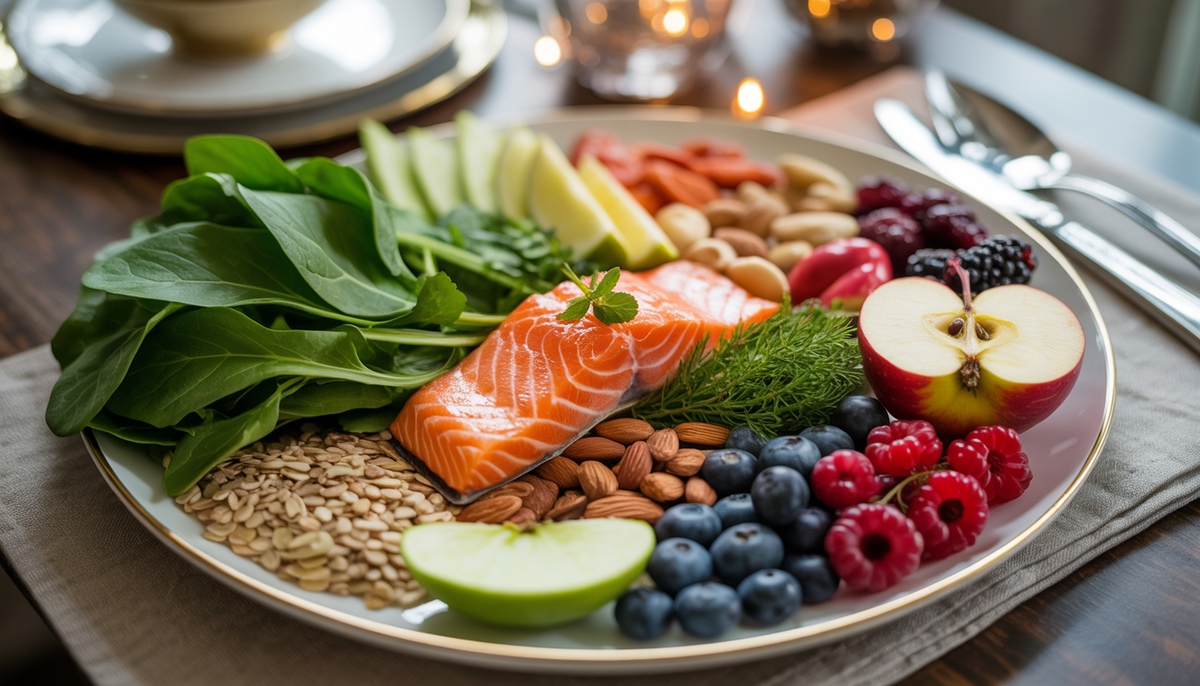
Fatty Liver Disease Diet: Best Foods & Tips for a Healthy Liver
|
|
Time to read 3 min
|
|
Time to read 3 min
Having a fatty liver means there's too much fat in your liver cells, which can affect how well your liver works. This can happen due to diet, lifestyle, and certain health issues. It's important to follow a fatty liver disease diet and eat foods that help your liver stay healthy. Let's look at some delicious foods that can support your liver health. Remember, along with eating well, regular exercise and avoiding alcohol can also help your liver.
Fatty liver, also known as hepatic steatosis or liver steatosis, happens when fat builds up in the liver. If not managed, it can cause liver damage. Common symptoms include:
Eating a balanced diet that's rich in nutrients and low in unhealthy fats can help manage these symptoms and support liver health. Following a hepatic steatosis diet can be beneficial for those experiencing these symptoms.
Here are some good liver foods for fatty liver that are especially beneficial as part of a liver steatosis diet:
Antioxidants protect your liver. Here's how they help:
Adding these foods to your diet, along with a healthy lifestyle, can make a big difference.
Creating a balanced meal is key for a healthy liver. Here are some simple tips for a healthy diet for fatty liver and a diet to reduce a fatty liver:
These tips can help you create meals that are both tasty and supportive of liver health.
Exercise is important for liver health. It helps manage weight, reduce liver fat, and improve overall well-being. Here's how:
Simple activities like walking or yoga can make a big difference. Aim for at least 30 minutes of moderate activity most days. For more insights, check out this article.
Here's a simple meal plan to support liver health:
This meal plan offers essential nutrients while supporting liver health. Remember, portion control is key.
Eating the right foods can help manage a fatty liver. Focus on leafy greens, fatty fish, nuts, seeds, and whole grains as part of a diet to reduce a fatty liver and support your overall health.
Consider making these changes part of your routine. For more resources, visit the Liver Medic Learning Center.
You might also explore Liver Medic's Hepatiben supplement as part of a comprehensive liver support strategy. Always consult with a healthcare professional before starting any new supplement.
Your journey to better liver health is a step-by-step process. With the right foods and lifestyle changes, you can positively impact your well-being.